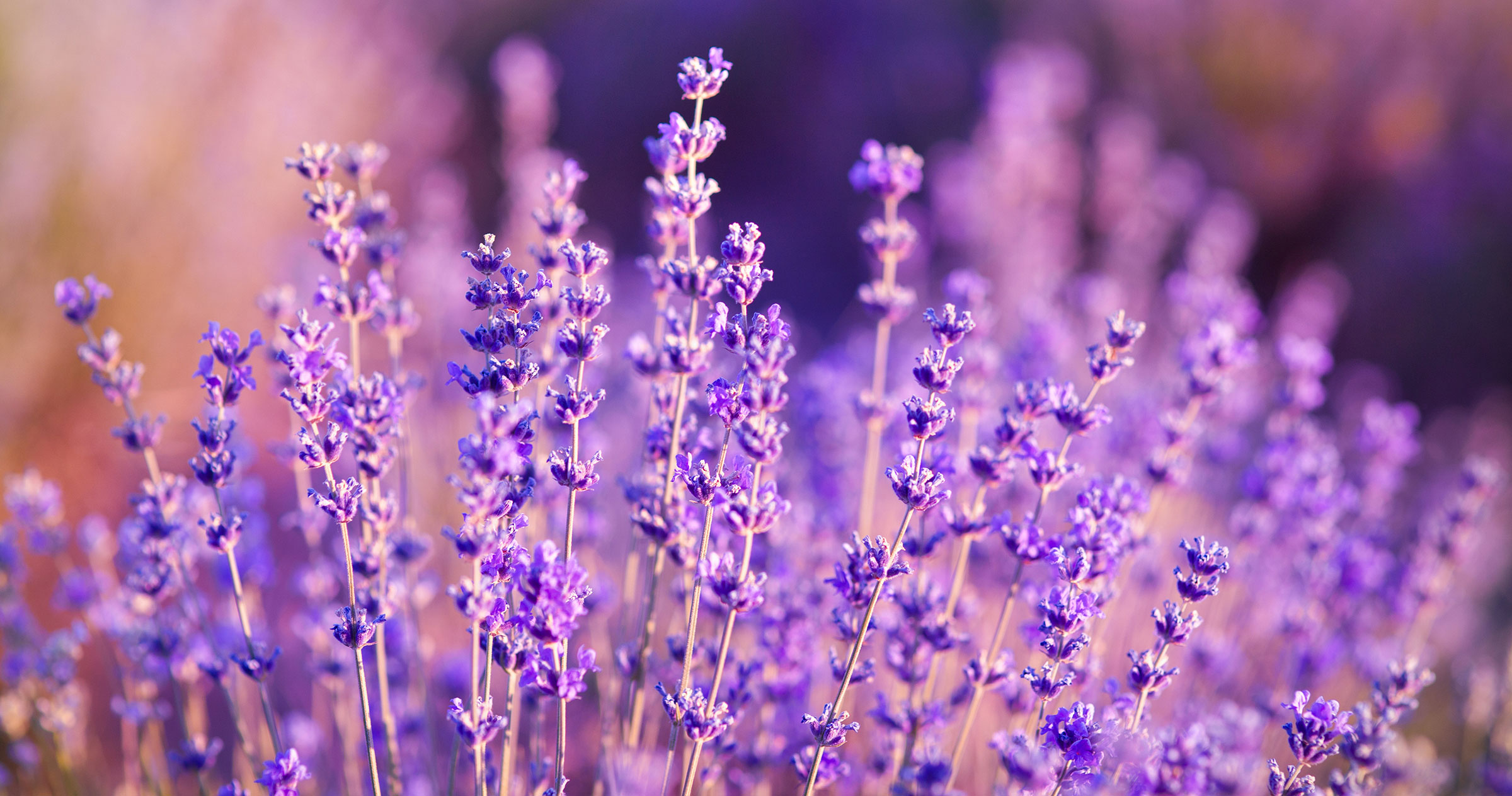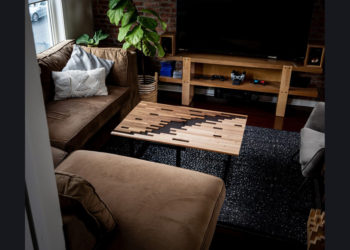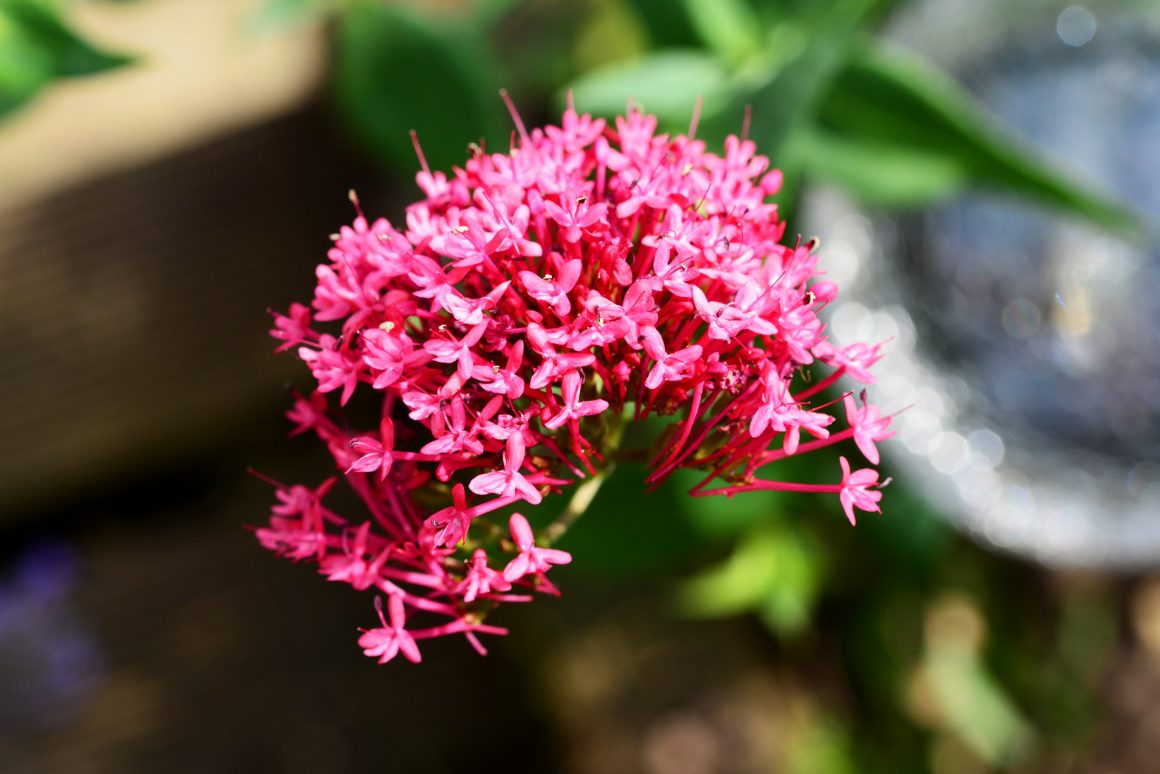
A waft of lilac blossoms in the warm spring air. A whiff of heliotrope in a window box. The aromatic punch of an allée of lavender. A street lined with lindens.
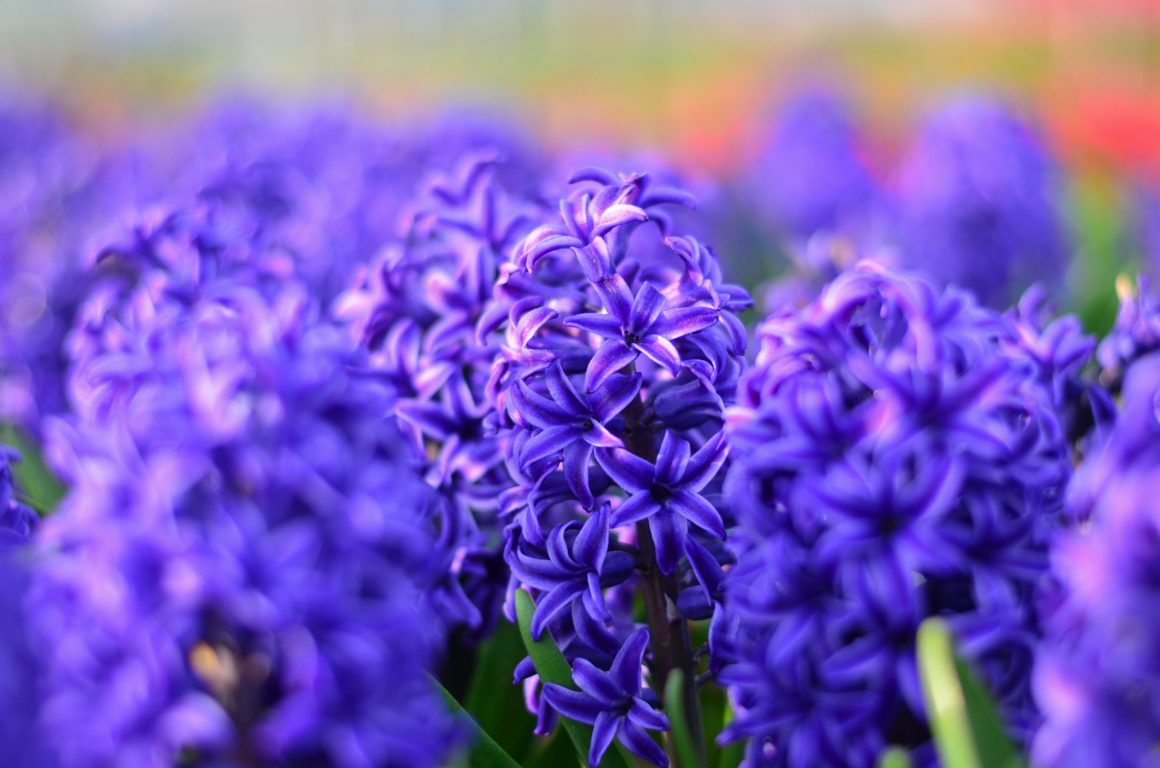
Plant scents have the power to trigger vivid memories, to transport us back in time. And when those scents are planted in our gardens, they can have a strong impact on our psychological well-being. Many a bad day has been turned to good through the simple gift of flowers, and when those flowers engage the olfactory sense, the “good” gets better.
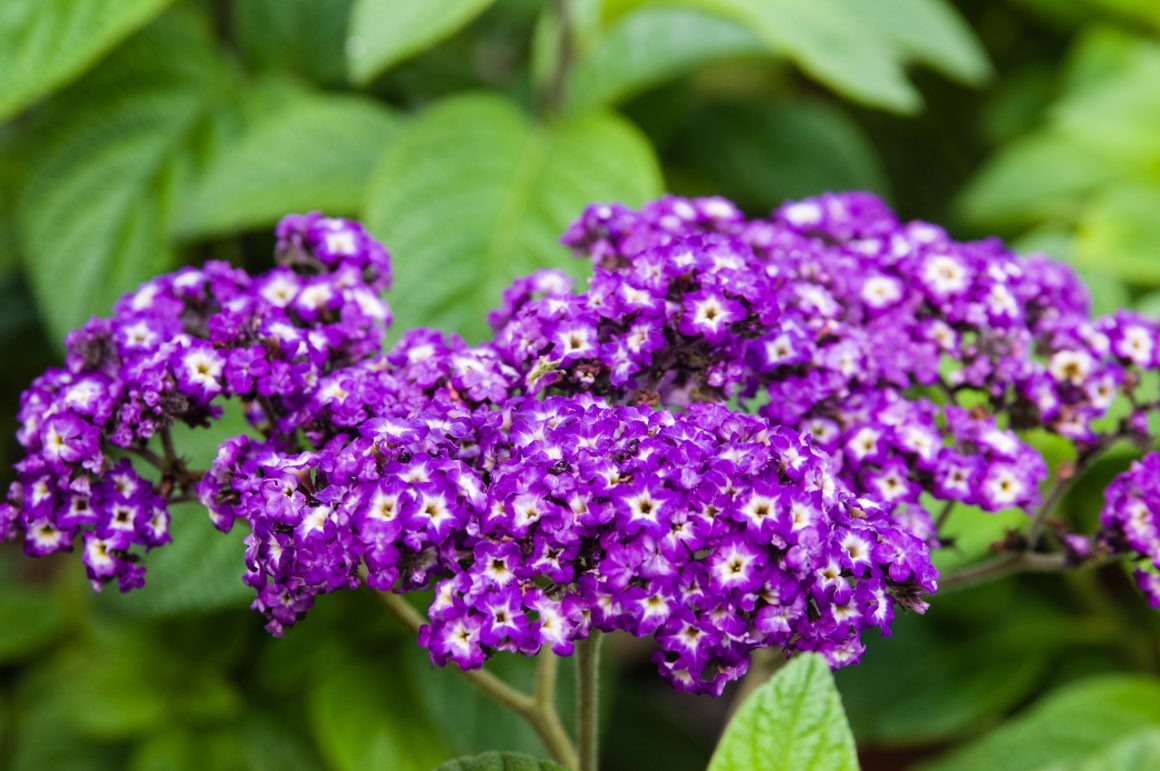
Whether scented plants populate our backyard borders or our container gardens, they are a gift to the soul. Choosing the right aromatic perennials, annuals or flowering shrubs and trees can turn an average garden into a sea of scent that attracts butterflies, birds, bees, and us.
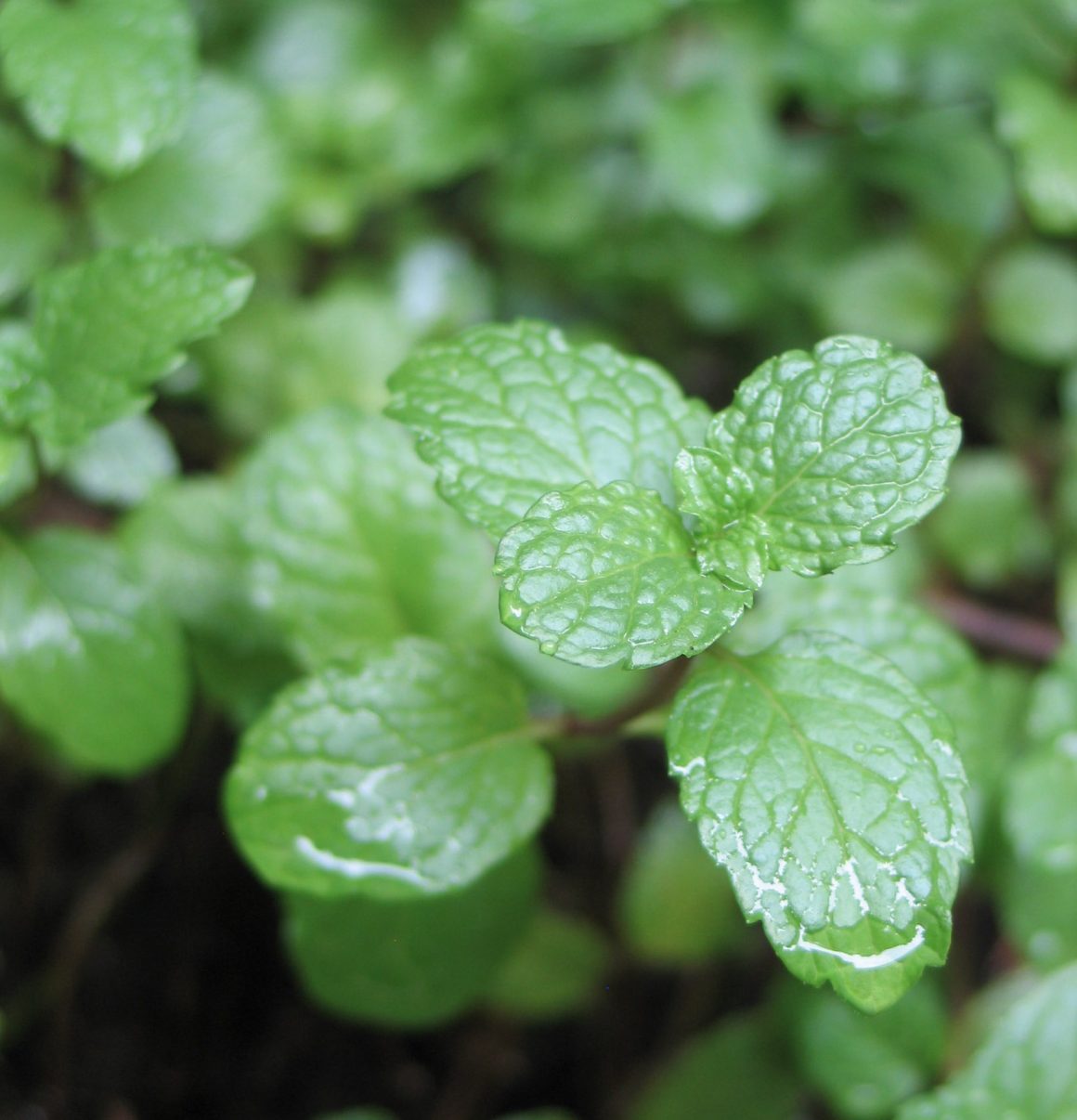
“Herbs such as lavender, mint and thyme, are great for pathways because their scent is released as you brush up against them. They also work well in window boxes,” says plant expert Stephen Scheunert, owner of Pointe Claire Nursery. “Lavender is also a popular plant for container gardening and border edging.”
If you have the space, consider planting flowering shrubs and trees. Lilacs, honeysuckle, and lindens release strong scents in the spring.
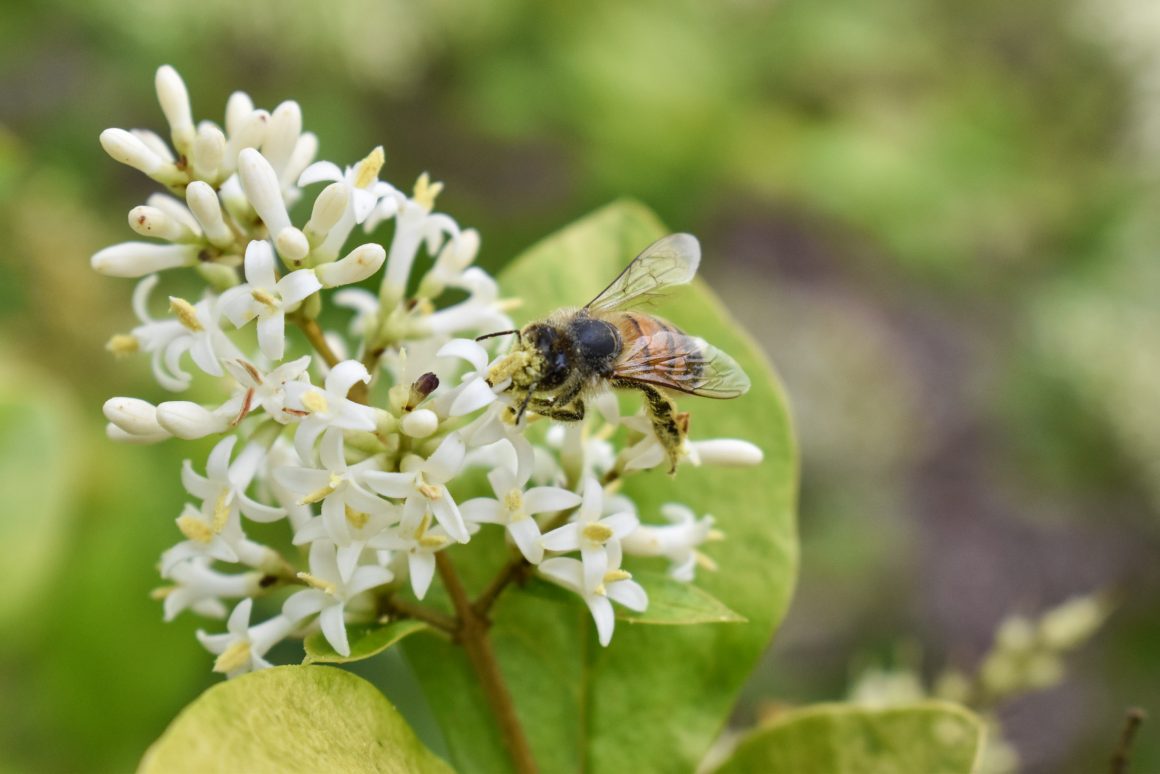
Schuenert also recommends Brugmansia (commonly called Angel’s trumpet), in a large container on a patio or deck. It’s tropical so must be moved indoors for the winter.
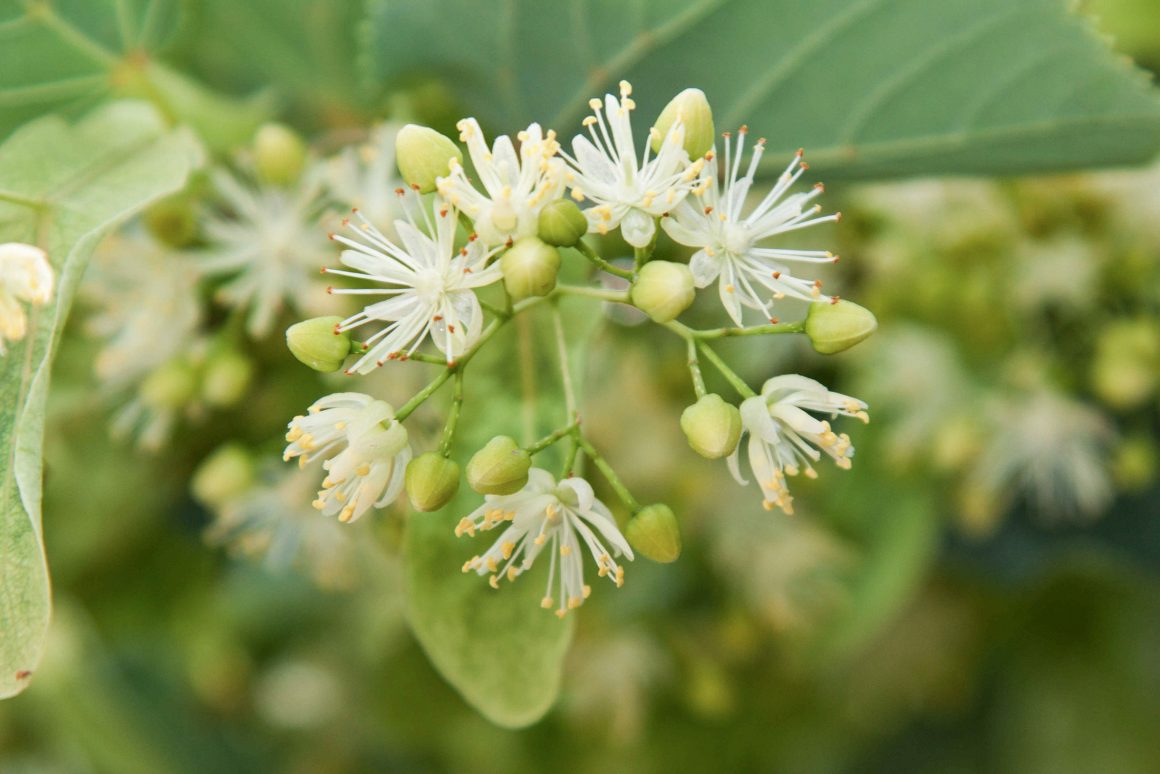
“Perennials such as lily of the valley, evening primrose and Stargazer lily, are also very fragrant,” Scheunert says. “If you want to plant bulbs, freesia and hyacinth are also popular.”
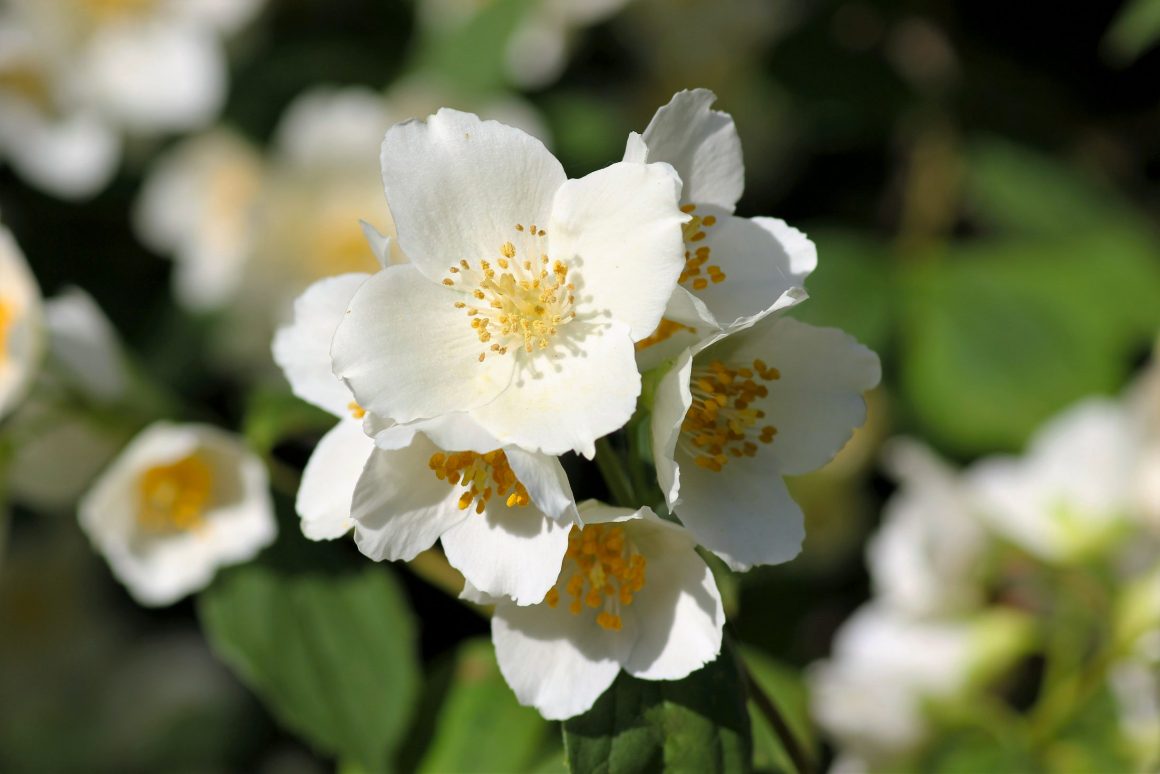
Planting scented flowers and shrubs strategically throughout a garden can add scent at various times of the day and year. Lily of the valley, for instance, has a constant scent, while evening primrose and jasmine release their aromas only after the sun sets, so they should be placed near a seating area.
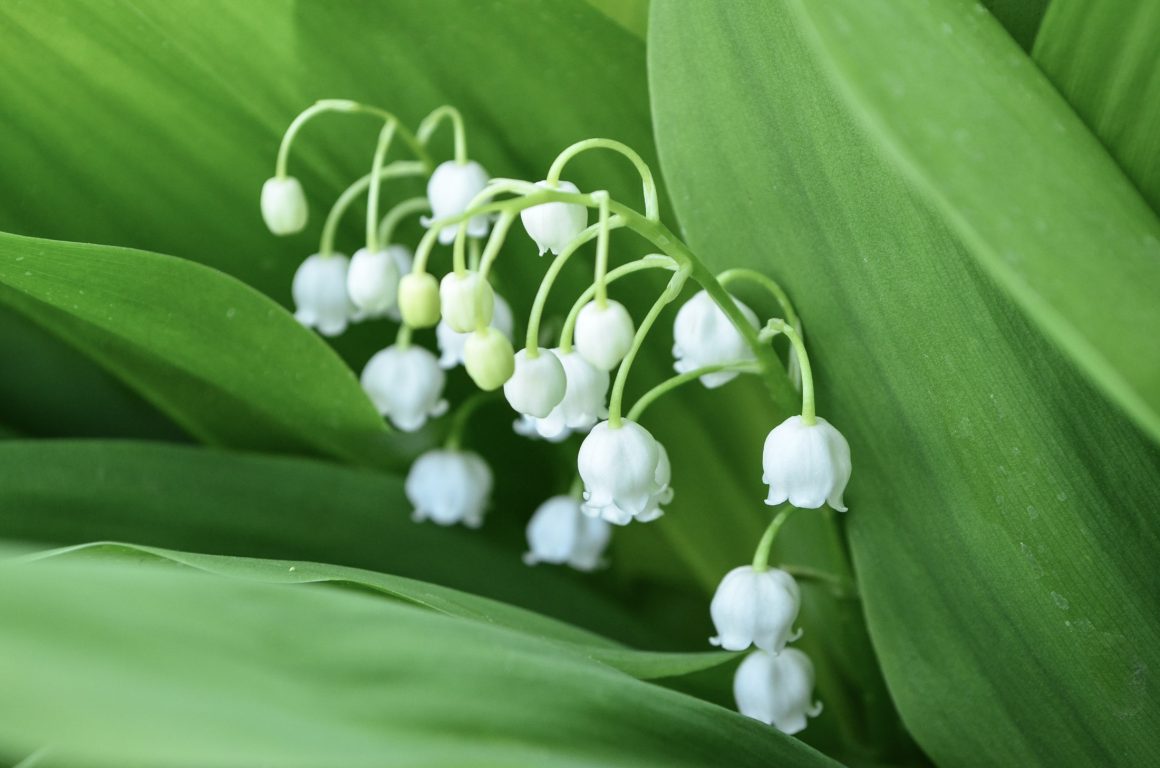
Urban dwellers and anyone who is daunted by the task of cultivating a garden can opt for containers. Lily of the valley does well in pots, but because it’s poisonous, it shouldn’t be planted where children play. Hyacinths require more care but their fragrant blooms are definitely worth the effort. Jasmine is fragrant but blooms only at night. Rosemary is another good choice for containers because it’s easy to grow, has a strong, herbal scent and bears tiny purple flowers.
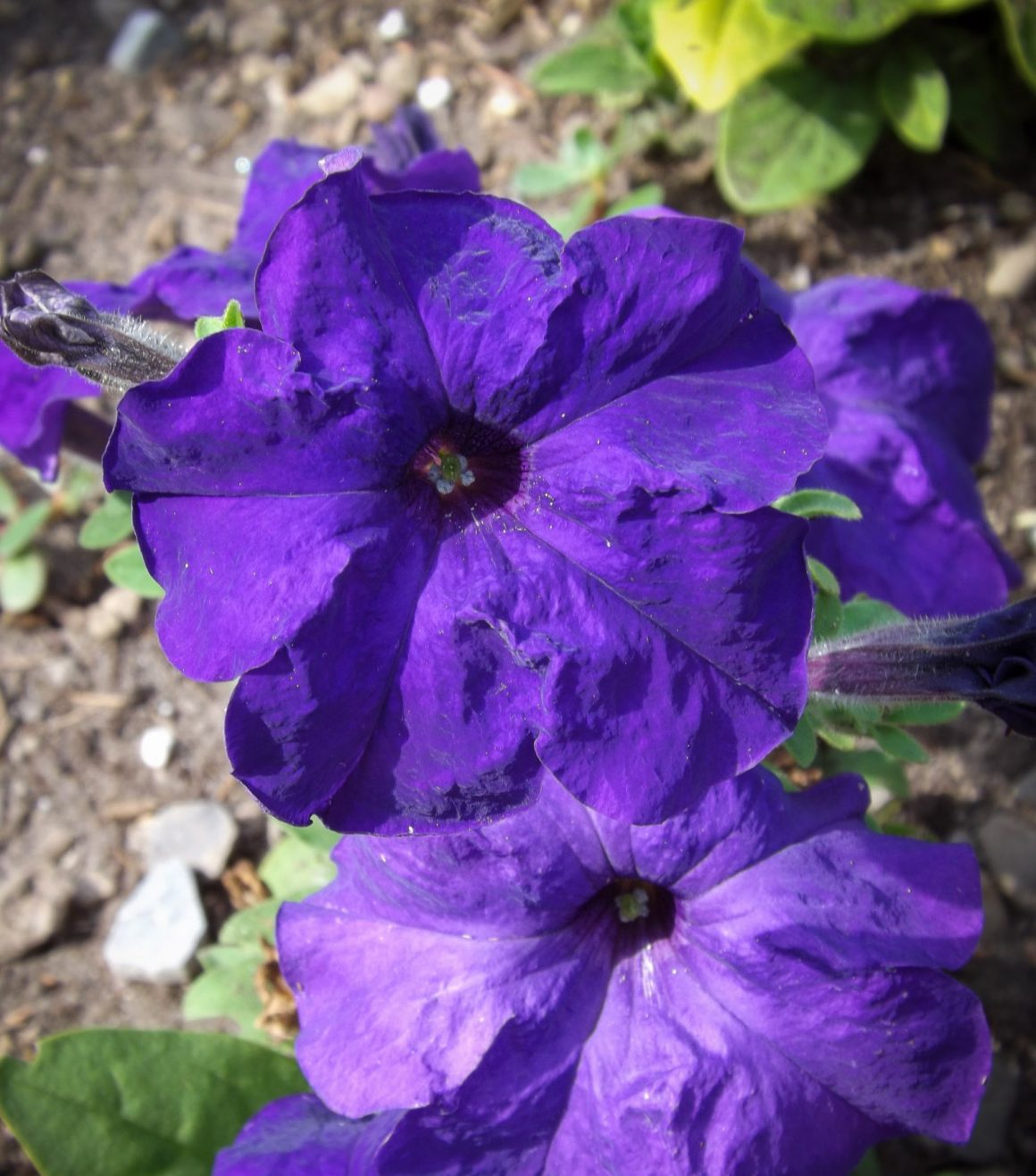
Deep purple petunias and heliotrope in a window box or clay pot can make evenings on a deck or patio a sensual experience.
Herbs also fill the air with delightful aroma. Lemon balm, a member of the mint family, helps to keep mosquitoes at bay. But like mint, it ramps through a garden so is best confined to pots.
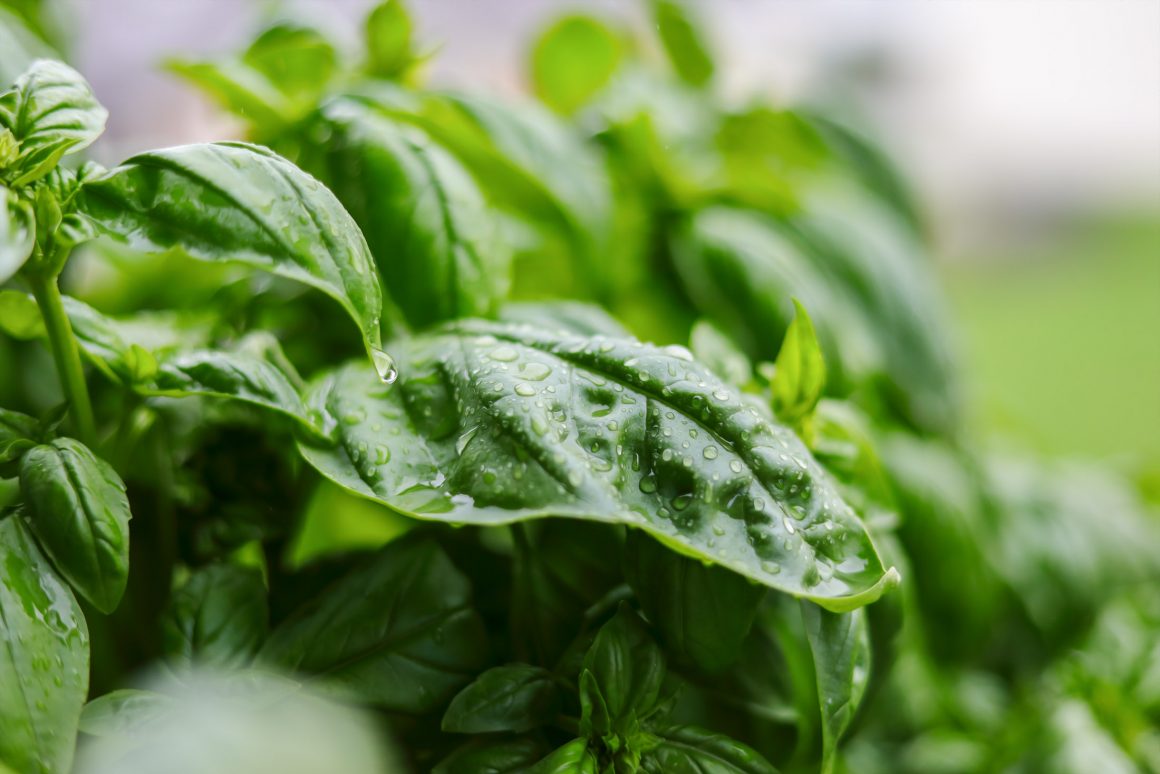
Basil, which foodies cultivate for cooking, renders up strong scent when touched.
And at the end of the summer, lavender can be harvested to create scented sachets for drawers and closets; it deters insects while delicately perfuming surroundings. One whiff in the darkest days of winter can recall the brightest days of summer. Add lavender to sugar as a perfect addition to Earl Gray tea.
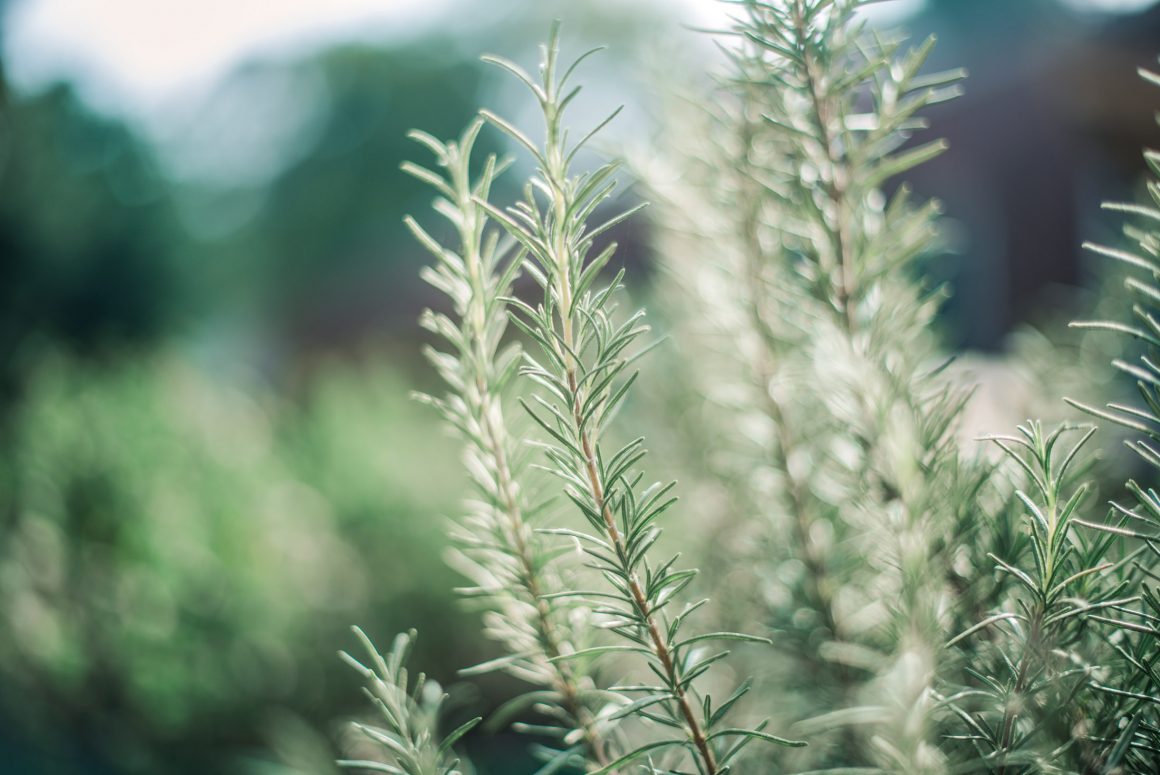
Whether you create a sweeping backyard garden, a container garden or simply have a few window boxes, the addition of scented plants will fill your olfactory senses, enhance your life and improve the environment. •

